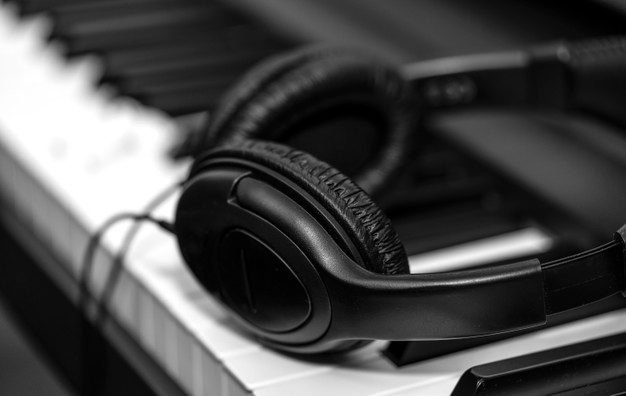It’s totally possible to earn money with your original music. Aside from live performances and physical merch, most artists depend on streaming revenue, royalties, and music publishing as the main source of income from their music. But knowing exactly how the music royalties work isn’t always easy.
There are different kinds of royalties and different organizations that pay them out. Plus, you have to be sure that your metadata is properly recorded to collect every cent you’re owed.
In this article, we’ll go through and clear up any confusion around the music royalty system and give you the confidence you need to be sure you’re collecting all of your music royalties.
What are the music royalties?
Music royalties are payments for the owner(s) of a particular musical work, recording, melody, or performance. You can take it from Performing Rights Organizations (PROs) like ASCAP, SOCAN, or BMI, and licensors of a particular work sold by a music publisher will pay for them.
You should know that there are two types of music royalty—mechanical royalties and performance royalties.
What is a performance royalty?
A performance royalty is a royalty that’s owed any time your music is played on the radio, TV, streaming website, presentation, video game, in a store, or performed in a live venue.
Keeping track of all those performances is not an easy task—that’s why PROs exist. They collect your performance royalties on your behalf.
They work with media companies to collect any royalties and they pay out the royalties to any artist who registers with the PRO.
What is a mechanical royalty?
A mechanical royalty is a royalty owed to the composer or publisher of a musical work every time a physical copy of your music is physically manufactured, downloaded, or played.
A mechanical royalty is owed whether or not the composer is the one performing it, meaning the composers will receive money if their song is covered.
PROs do not collect mechanical royalties. Instead, it’s on the composer or publisher of a piece to get these royalties.
Royalties vs. Licensing
You may be wondering: what about movie deals and big advertising placements? Aren’t those royalties too?
The answer is yes and no. You’re entitled to royalty every time a TV show or an advertisement uses your song.
But these royalties are paid on top of the sync licensing agreement made between your publisher and the media company.
Usually, it’s the sync licensing deals that create the big TV deal style payouts. However, it doesn’t hurt to collect your royalties on top of those sync payments.
Of course, you’ll most likely have to work with a publishing agent to find a big sync licensing deal.
However, it takes a few ways to find them independently too.
How to collect all of your royalties
If you’re an independent artist who’s starting to get some traction on streaming platforms and radio, you’re probably wondering in case you’re collecting everything you’re owed.
Here’s how you can be sure that you’re collecting your mechanical and performance royalties.
Sign up with your designated PRO
The first step that you should do is to sign up with a PRO and start collecting performance royalties.
Your PRO will depend on the place that you live: ASCAP and BMI serve the United States, SOCAN is the Canadian PRO and SESAC serves Europe.
It’s a bit of paperwork that can go a long way. The good news is that you can retroactively claim any royalties from your PRO, even if you sign up after they’re owed.
So if you sign up now, you might get a larger cheque because your royalties have just been sitting there.
A PRO can help with performance royalties but how about mechanical royalties?
Get your mechanical royalty metadata right
With digital distribution services, your mechanical royalties are still on the table. Every time people stream, download, or physically purchase your music, you get this royalty.
Don’t lose out on this extra streaming revenue!
As long as you don’t have a publishing arrangement with a music publisher, an online digital distribution service will help you to collect your mechanical royalties.
However, be careful—when you release your tracks with a digital distribution be sure that you record your metadata properly.
Your digital distribution service provider will ask for information about who owns your music publishing rights.
List yourself as the publisher of your own music track. Do not list your PRO, because your PRO is not your publisher.
The royalty system is complex
But with distribution service providers who support independent artists, it’s easier than ever for you to make sure that you’re collecting everything you’re owed.
At the end of the day, no artist wants to spend time stressing about the dated and overly complicated royalty system.
That’s why trusting a digital distribution service provider takes the stress away from the business side of music and allows you to focus on what matters most—making beautiful art!


